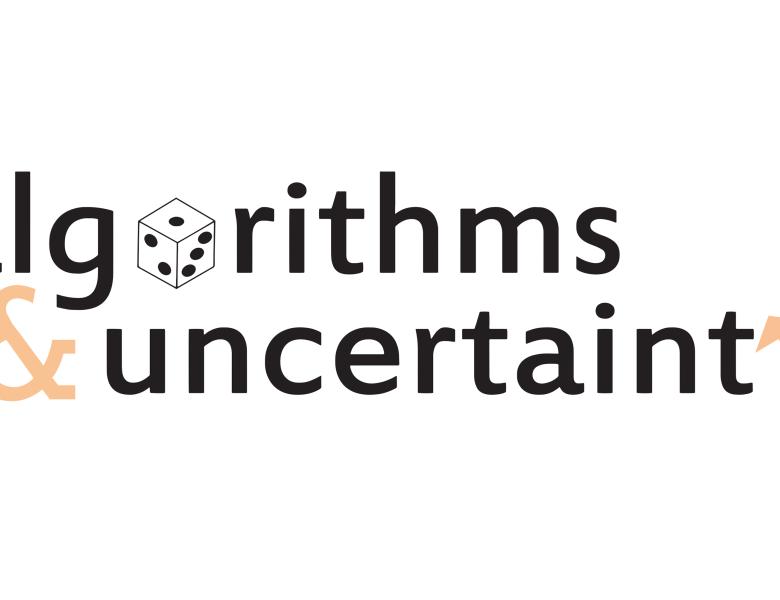
Descending Price Optimally Coordinates Search
A decision maker may select one of n alternatives, whose values are independently sampled from known distributions. The decision maker may be a firm, for example, and the alternatives may be job candidates whose value reflects their productivity. Learning the value of an alternative (e.g., interviewing a job candidate) requires a costly investment. A famous result of Weitzman (1979) describes the optimal sequential search policy in this setting: it inspects alternatives in decreasing order of "option value". When values and costs are private information, one obtains a mechanism design counterpart to Weitzman's optimal search model. We prove that equilibria of a simple descending price mechanism robustly approximate the welfare of the optimal search policy, even when multiple firms compete to hire candidates. This stands in sharp contrast to the simultaneous and ascending auctions often prescribed by economists for matching markets, which have unbounded price of anarchy.
This is joint work with Bo Waggoner and Glen Weyl.
All scheduled dates:
Upcoming
No Upcoming activities yet


